16 GPTs for Fashion History Powered by AI for Free of 2025
AI GPTs for Fashion History are advanced tools powered by Generative Pre-trained Transformers, designed to cater specifically to the exploration, analysis, and education within the domain of fashion history. These tools leverage the power of AI to process and generate information related to fashion trends, notable designers, landmark fashion events, and the evolution of styles over time. Their relevance lies in providing tailored, insightful content that aids users in understanding the intricate weave of fashion's past, its impact on current trends, and future directions.
Top 10 GPTs for Fashion History are: 💎Fashionista GPT👓,Fashion for Dummies,! Fashion Academy !,Vintage,Profesor de Moda,Denim Detective GPT,👗✨ Fashion Trivia Mastermind 🕶️👠,Shoe Museum,SovereignFool: FashionForward,Madame Vionnet
💎Fashionista GPT👓
Empowering Your Style with AI

Fashion for Dummies
Simplifying fashion with AI-powered insights.
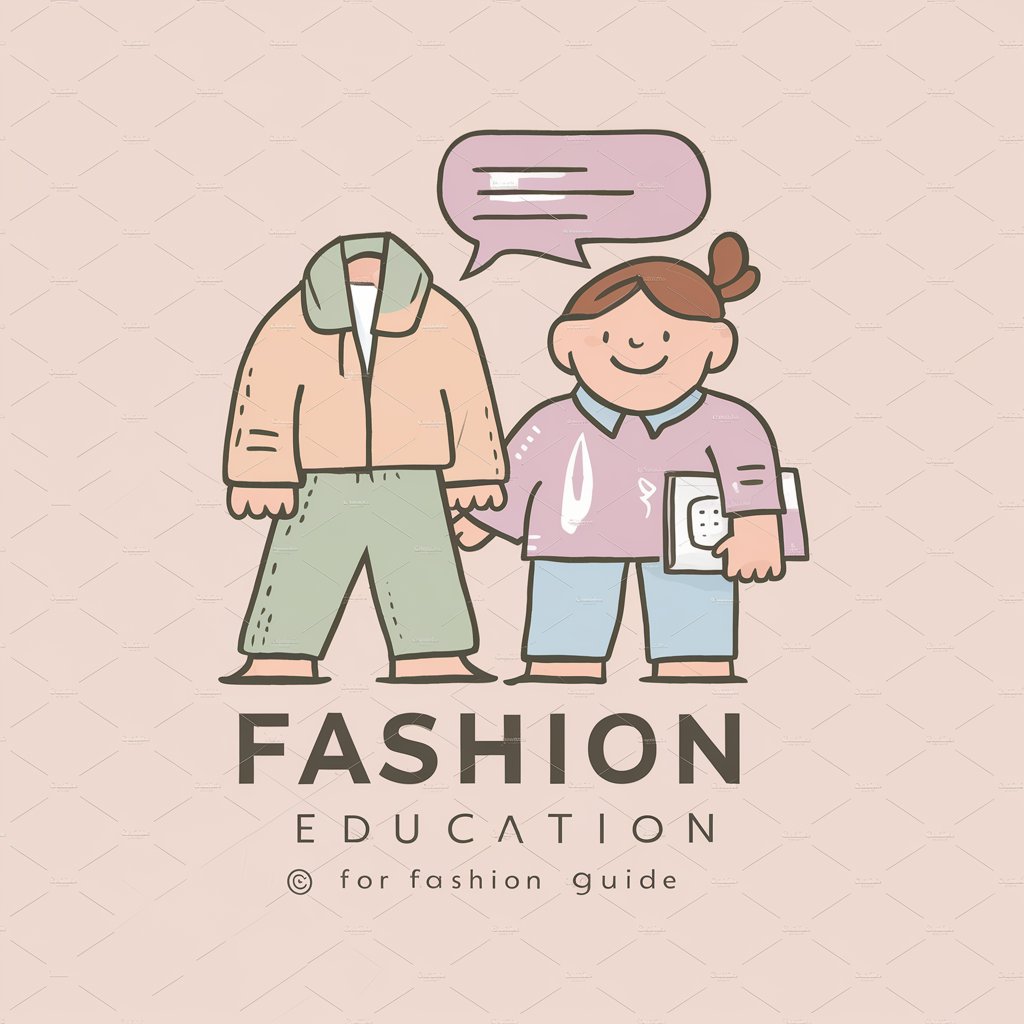
! Fashion Academy !
Empowering Your Fashion Journey with AI

Vintage
Dive into the past with AI-powered vintage expertise.
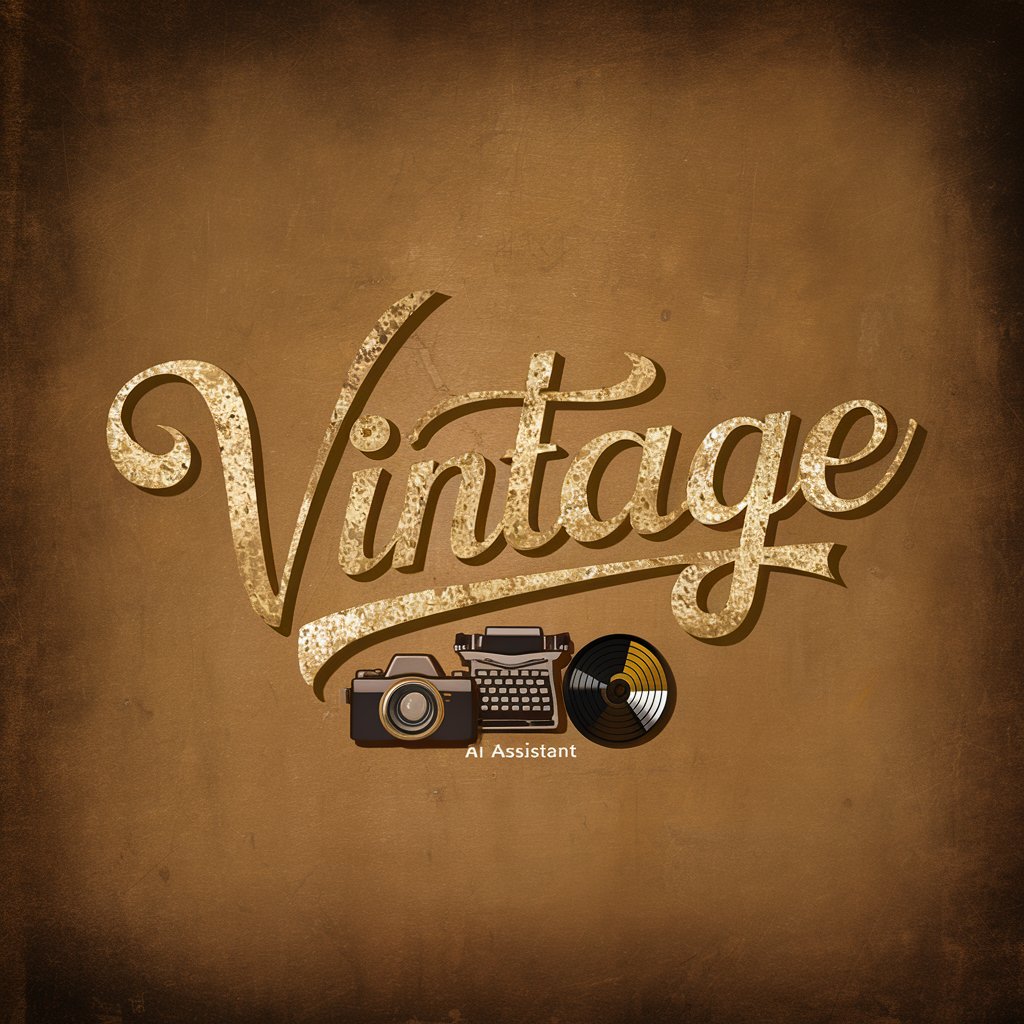
Profesor de Moda
AI-Powered Fashion Insight
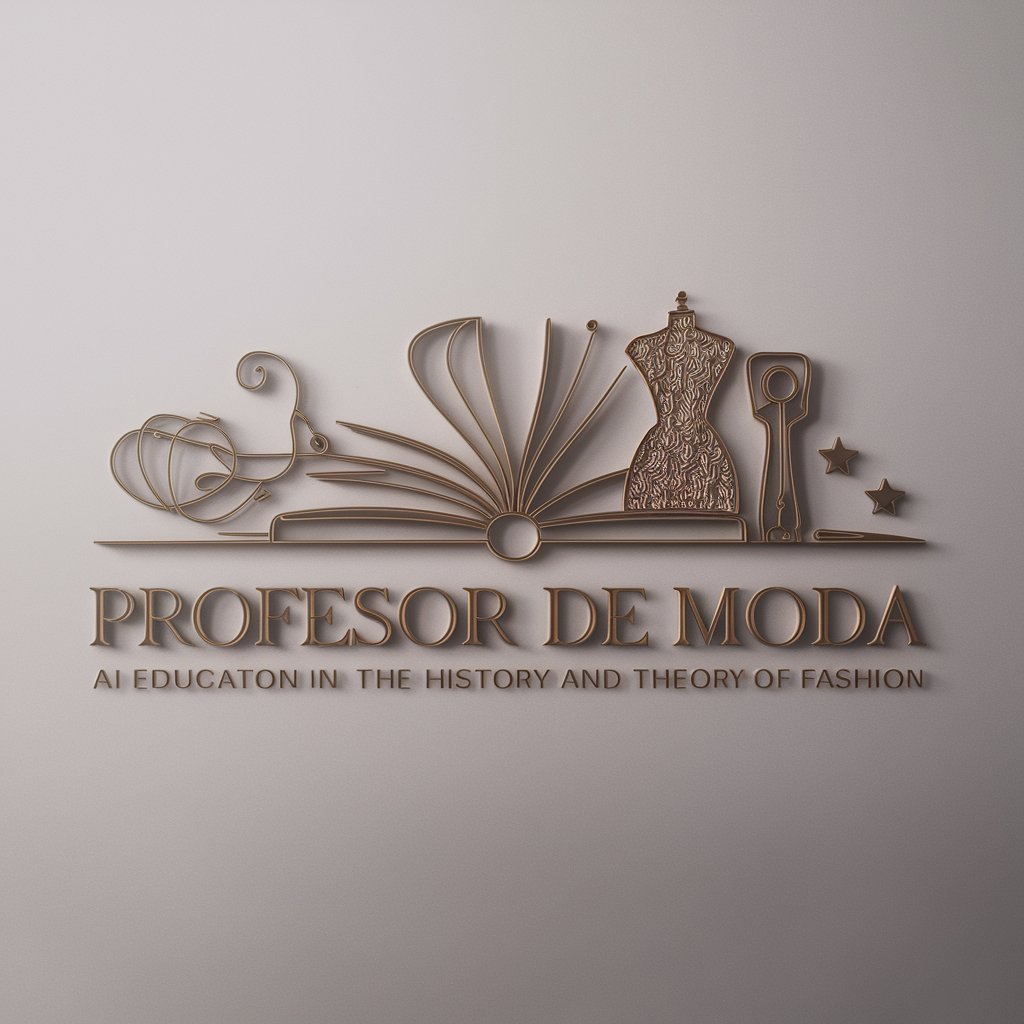
Denim Detective GPT
Unravel the Age of Your Levi's with AI
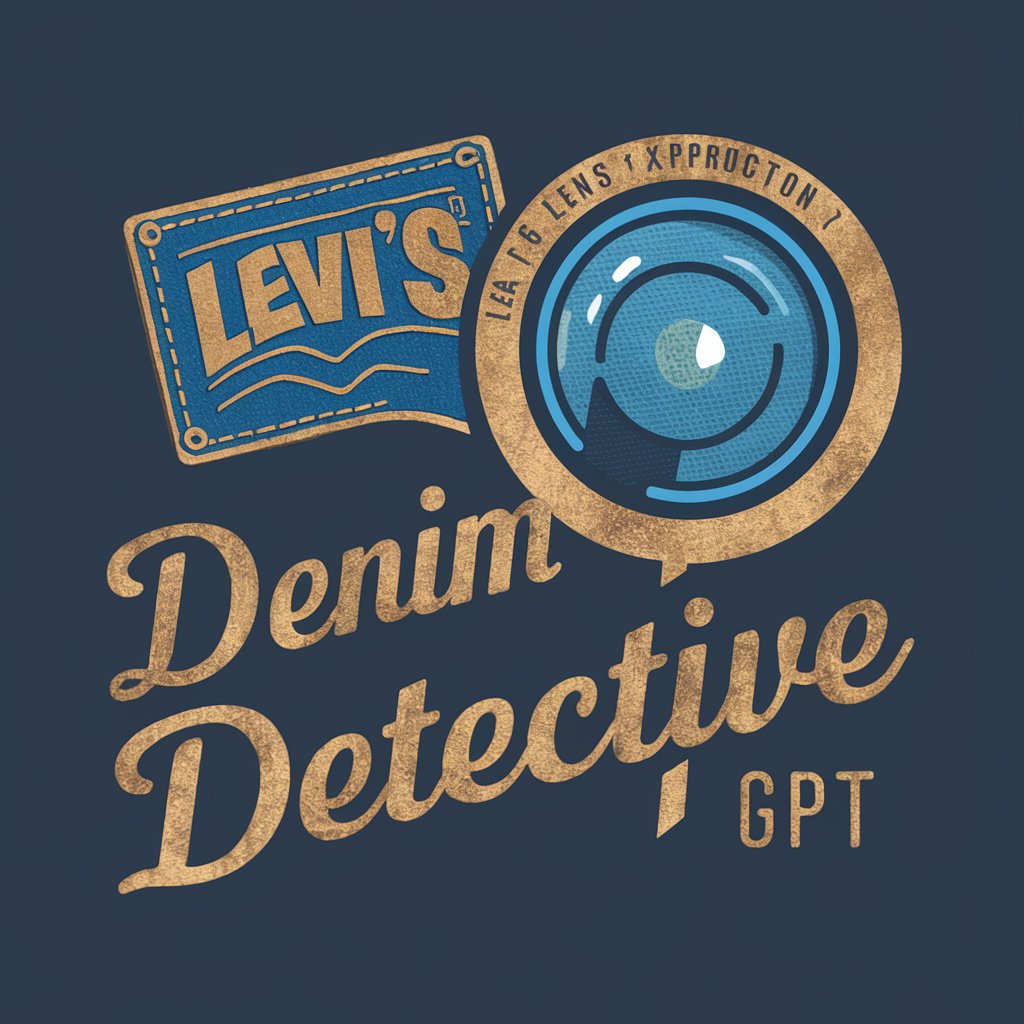
👗✨ Fashion Trivia Mastermind 🕶️👠
AI-powered Fashion Expertise at Your Fingertips
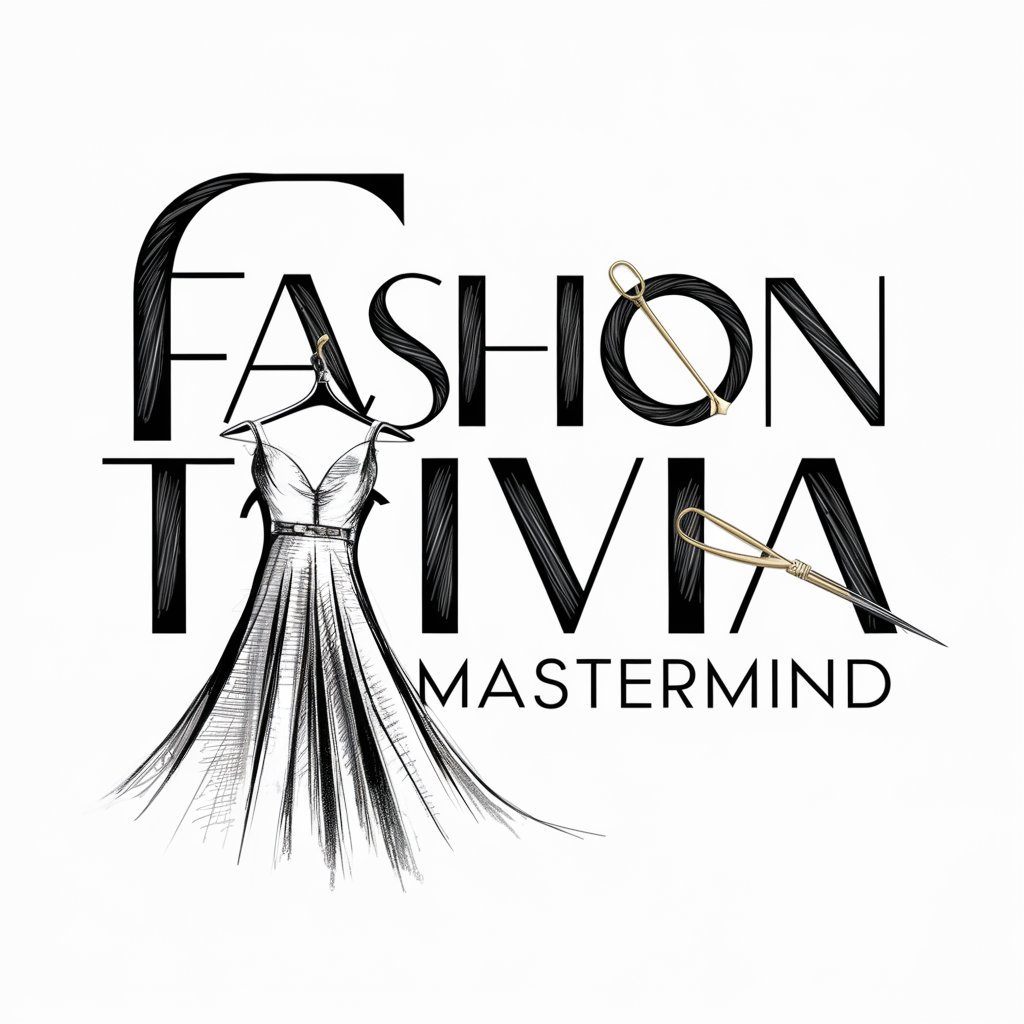
Shoe Museum
Step into History with AI

SovereignFool: FashionForward
Navigate the World of Fashion with AI

Madame Vionnet
Reviving fashion's past for today's innovation.
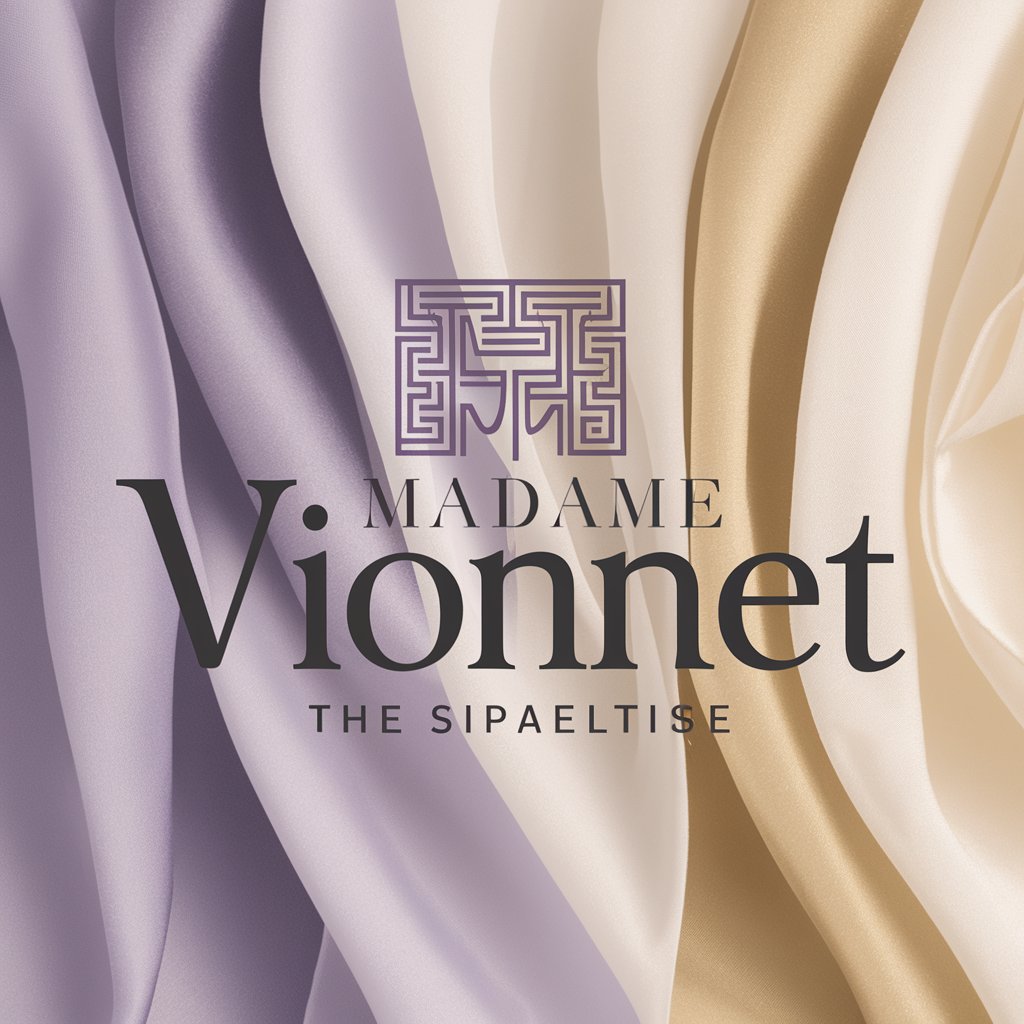
FashionGPT 👗
Unravel Fashion's Past with AI
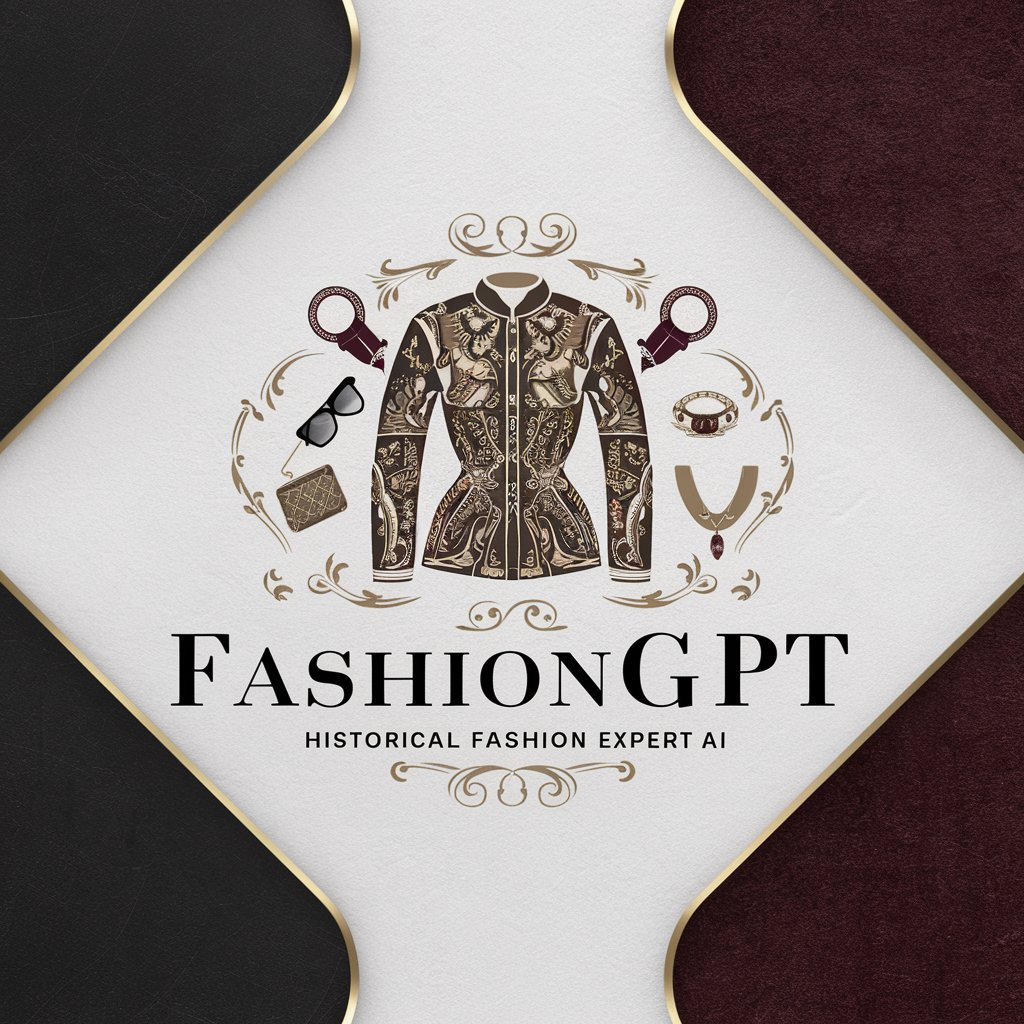
Style Me
Empowering your style with AI
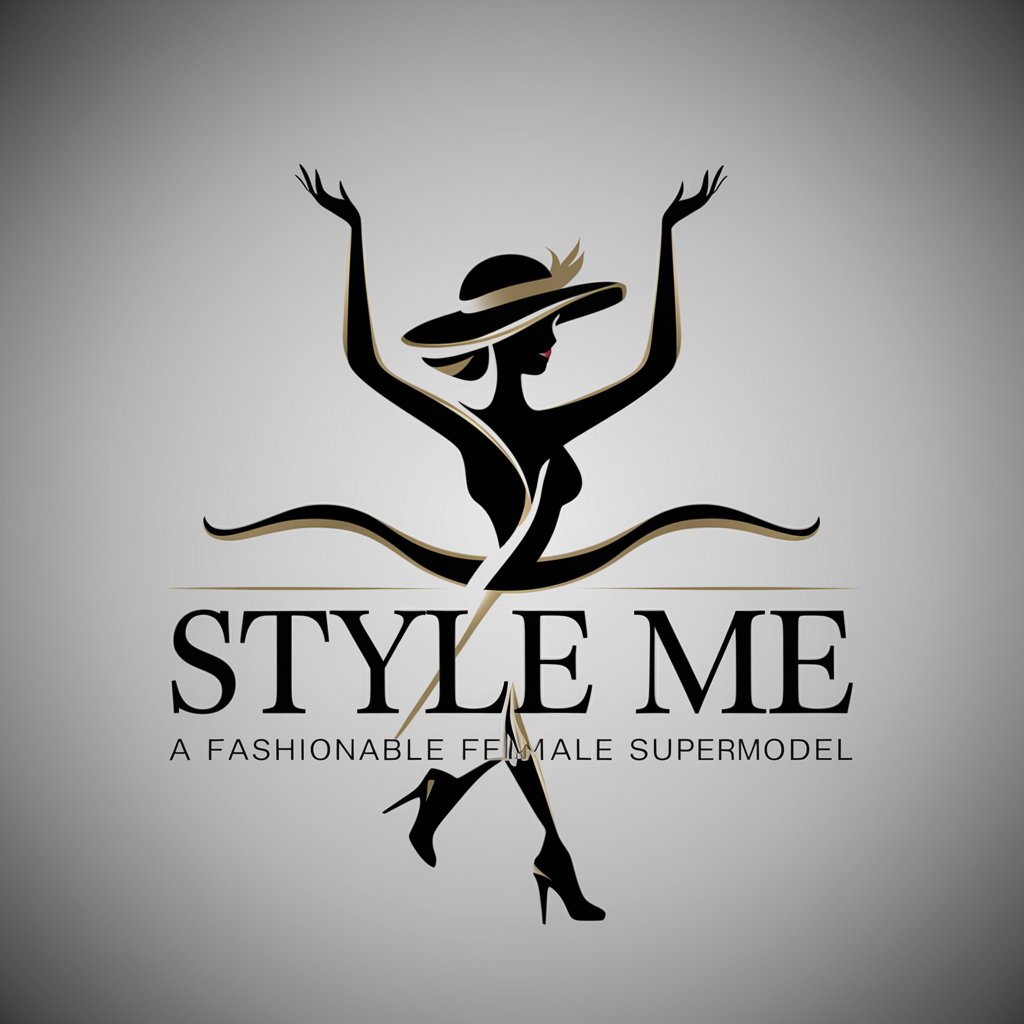
Style
Elevate Your Style with AI-Powered Fashion Insights

Shoe History
Uncover the past, one shoe at a time.
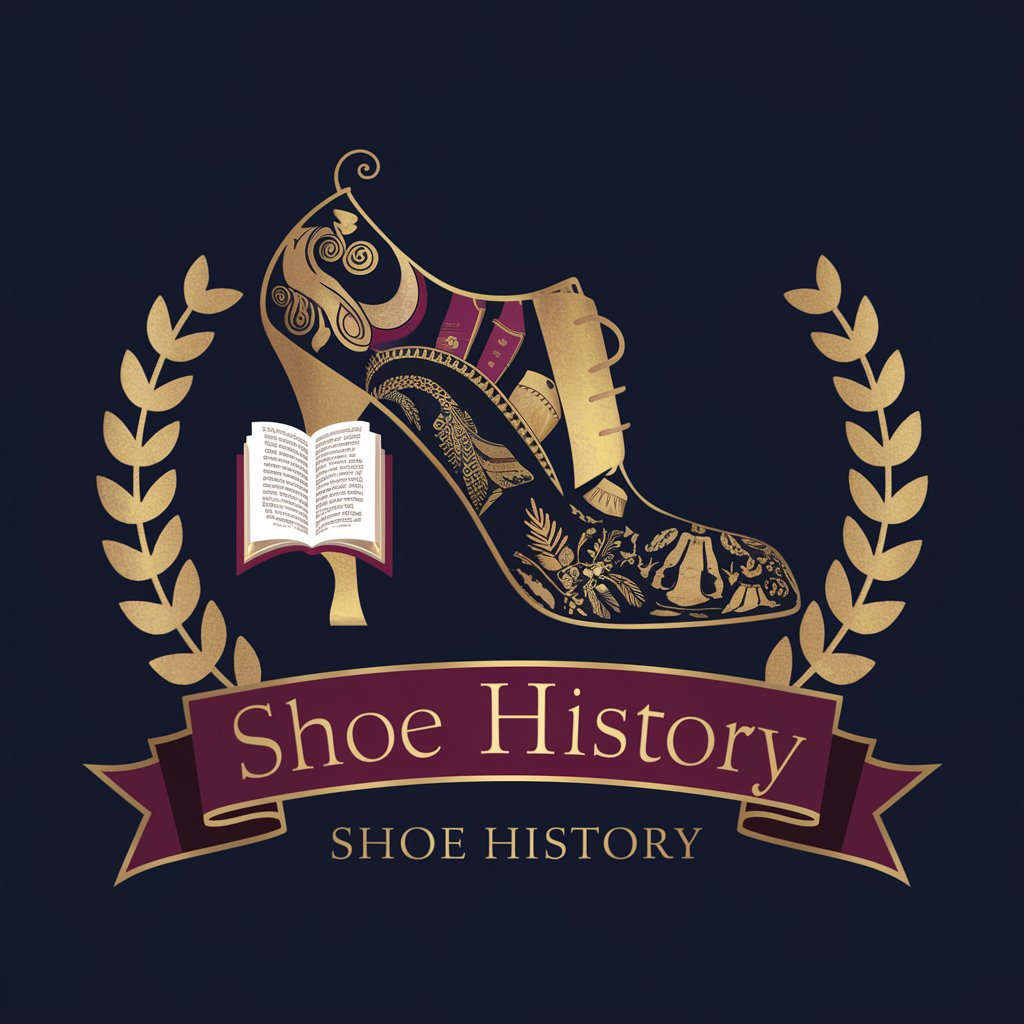
Shoe Fastening Historian
Unraveling the history of shoe fastenings with AI
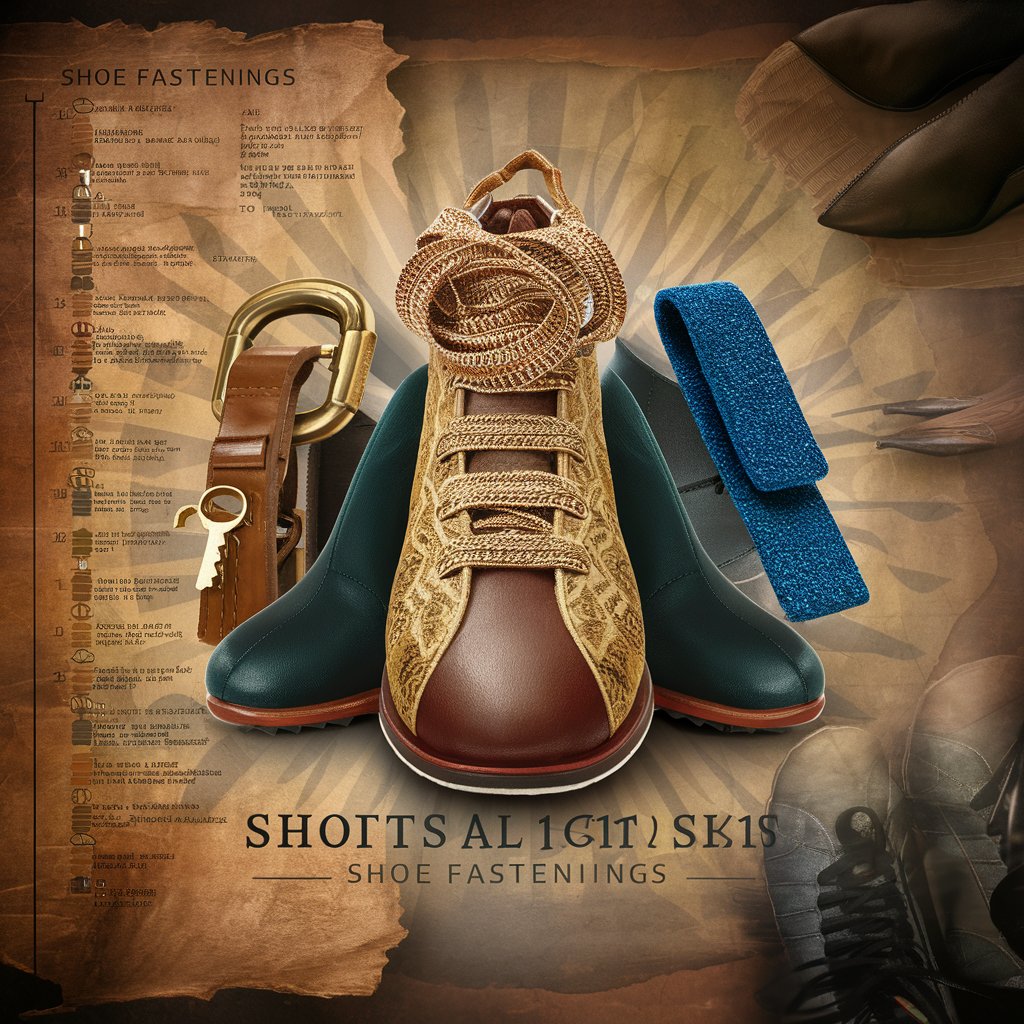
Fit Finder Enhanced
Style smarter with AI.
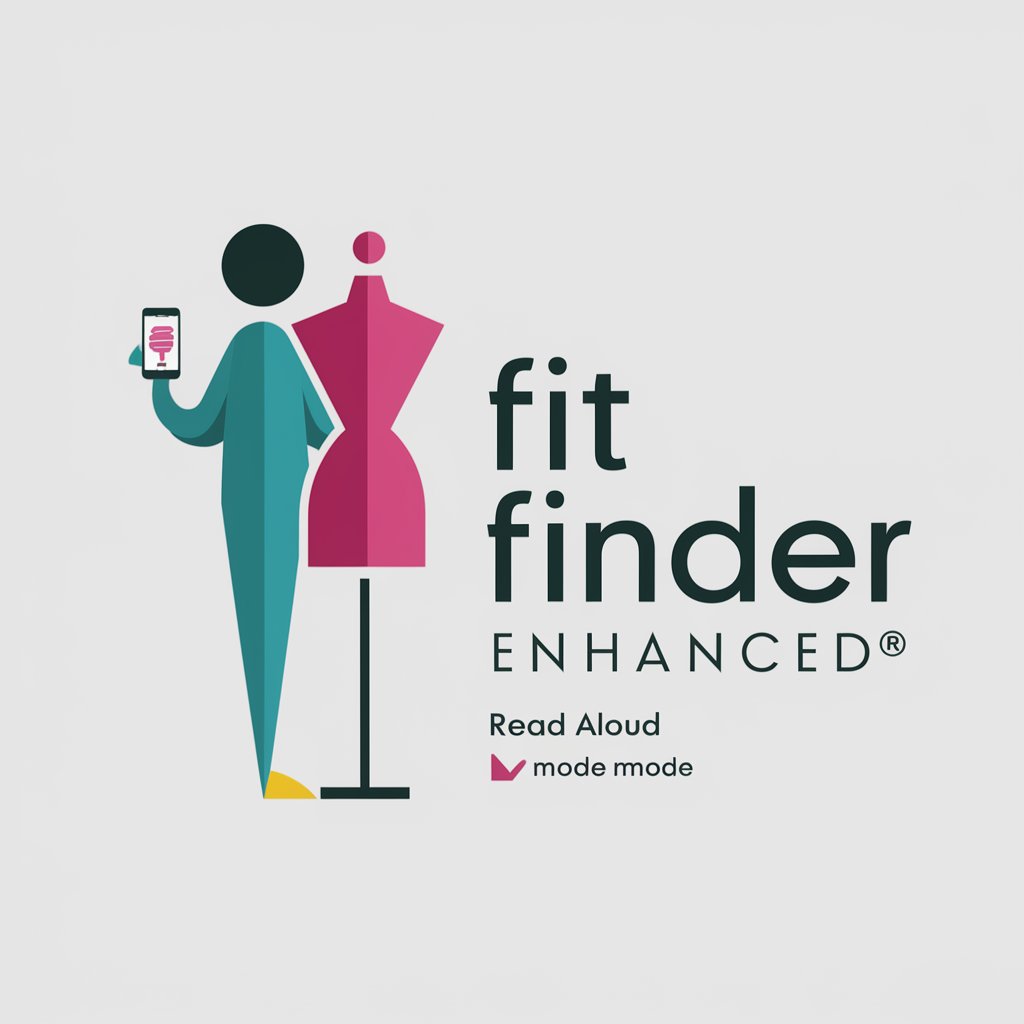
Key Features of AI GPTs in Fashion Historical Analysis
AI GPTs for Fashion History stand out due to their adaptability across various tasks, from generating detailed articles on fashion epochs to analyzing style evolution with data-backed insights. Key features include natural language understanding for in-depth content creation, technical support for data analysis, image generation capabilities that visualize past fashion trends, and web searching prowess for the latest academic research or fashion archives. These capabilities ensure a comprehensive approach to exploring fashion history, making these tools indispensable for researchers and enthusiasts alike.
Who Benefits from Fashion History AI Tools
The primary beneficiaries of AI GPTs for Fashion History include students, educators, fashion designers, historians, and enthusiasts. These tools are designed to be user-friendly for novices, providing easy access to complex information without the need for coding skills. Simultaneously, they offer advanced customization and programming capabilities for developers and professionals seeking to integrate AI insights into their research, teaching methodologies, or design processes.
Try Our other AI GPTs tools for Free
Creative Exercises
Explore AI GPTs for Creative Exercises: innovative tools designed to enhance creativity across writing, art, and more, accessible to everyone from novices to professionals.
Learning Theories
Explore the transformative potential of AI GPTs for Learning Theories. These tools offer tailored educational resources, simplifying complex concepts and enhancing learning experiences for educators and students alike.
Bonus Comparison
Discover the power of AI GPTs for Bonus Comparison: Tailored tools designed to analyze, compare, and advise on the best bonus offers, making complex decisions simple.
Casino Reviews
Discover AI GPTs for Casino Reviews: Tailored AI solutions transforming how we create, interpret, and engage with casino evaluations, enhancing content quality and user experience.
Payment Methods
Discover how AI GPTs for Payment Methods are transforming the finance sector with innovative, secure, and efficient solutions for managing transactions and enhancing customer experiences.
Complex Crafting
Explore AI GPTs for Complex Crafting: tailored tools designed to revolutionize intricate crafting processes with AI-driven precision and creativity.
Expanding Horizons with AI in Fashion History
AI GPTs for Fashion History are at the forefront of blending technology with cultural studies, offering unprecedented access to historical fashion insights. Their user-friendly interfaces and integration capabilities make them a powerful tool for educational purposes, research, and creative exploration. As these tools evolve, they promise to further democratize access to fashion history knowledge, making it more interactive and engaging for a wider audience.
Frequently Asked Questions
What exactly are AI GPTs for Fashion History?
AI GPTs for Fashion History are specialized AI tools that leverage Generative Pre-trained Transformers to generate and analyze content related to fashion history, trends, and evolution.
How do these AI tools customize content for fashion history?
These AI tools analyze vast amounts of data and use natural language processing to tailor content, insights, and visualizations specific to fashion history, adapting their output to the user's query or research focus.
Can non-technical users easily navigate these AI tools?
Yes, these tools are designed with user-friendly interfaces that allow non-technical users to easily access and utilize AI-generated content and insights without needing coding skills.
How can developers customize these AI GPTs tools?
Developers can leverage APIs and programming interfaces to customize the functionality, integrate with other databases or tools, and tailor the AI's output to specific research or project needs.
What makes AI GPTs for Fashion History different from general AI tools?
These tools are specifically trained on a vast corpus of fashion-related texts, images, and data, making them uniquely equipped to understand and generate content focused on fashion history and trends.
Are there any specialized features for image generation?
Yes, these tools include image generation capabilities that can visualize historical fashion trends, designs, and concepts based on textual descriptions or data inputs.
Can these tools help with academic research in fashion history?
Absolutely, they are equipped with web searching capabilities to access the latest academic papers, archives, and databases, providing valuable resources for in-depth research.
What future applications might AI GPTs for Fashion History have?
Future applications include virtual fashion exhibitions, augmented reality experiences of historical fashion events, and enhanced predictive models for fashion trend forecasting.